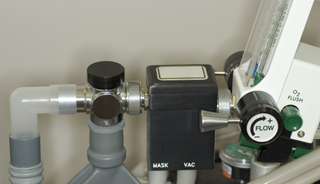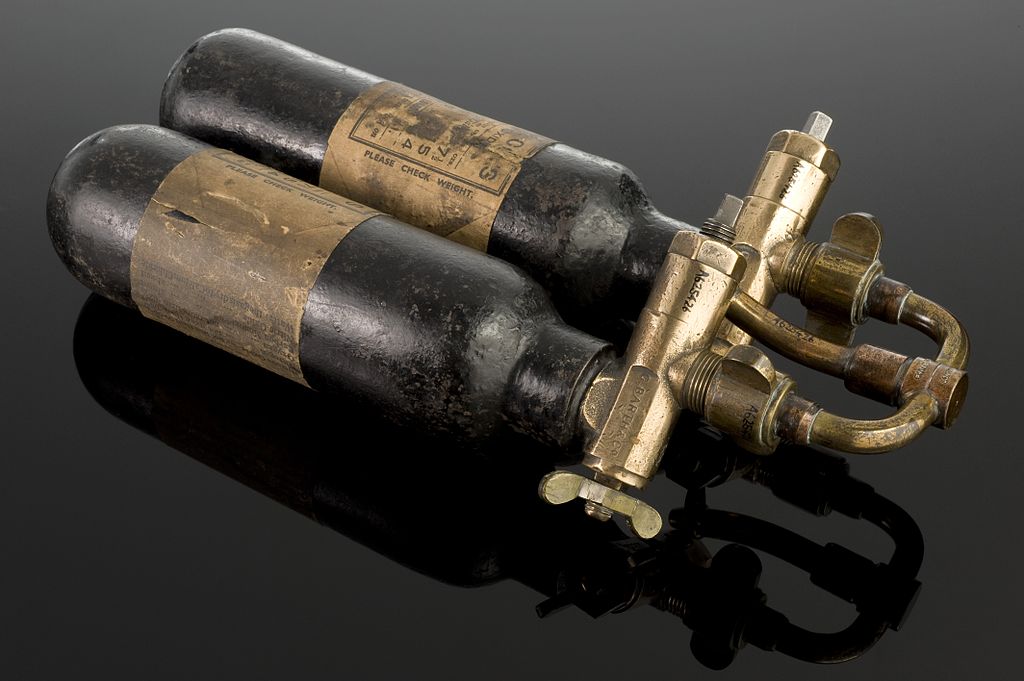Laughing Gas Examined For Treatment-Resistant Depression
the Psychiatry Advisor take:
Study Conducted On Resistant Depression
 One day after receiving nitrous oxide, three patients reported that their symptoms had disappeared almost completely, and another seven reported significant improvement, the researchers reported in the journal Biological Psychiaty. Another seven participants reported mild improvement in their symptoms. But no one reported symptom worsening after they were administered laughing gas.
One day after receiving nitrous oxide, three patients reported that their symptoms had disappeared almost completely, and another seven reported significant improvement, the researchers reported in the journal Biological Psychiaty. Another seven participants reported mild improvement in their symptoms. But no one reported symptom worsening after they were administered laughing gas.Depression Treatment In An Unexpected Place
The dentist’s office might be the last place you’d look to find a quick cure for an implacable bout of depression. But new research suggests that laughing gas — the mixture of nitrous oxide and oxygen that eases the pain and anxiety of having dental work — may help banish treatment-resistant depression in about the time it takes to fill a cavity.

At concentrations used in dentist’s offices, and in the latest study, laughing gas can induce euphoria, disorientation and mild sedation.
The experience is sought out by some drug abusers, who inhale the propellant in jarred whipped cream for a fleeting high. But it is actually another legitimate sedative-turned-party-drug, ketamine, that prompted researchers to explore whether nitrous oxide might have a rapid anti-depressant effect.



